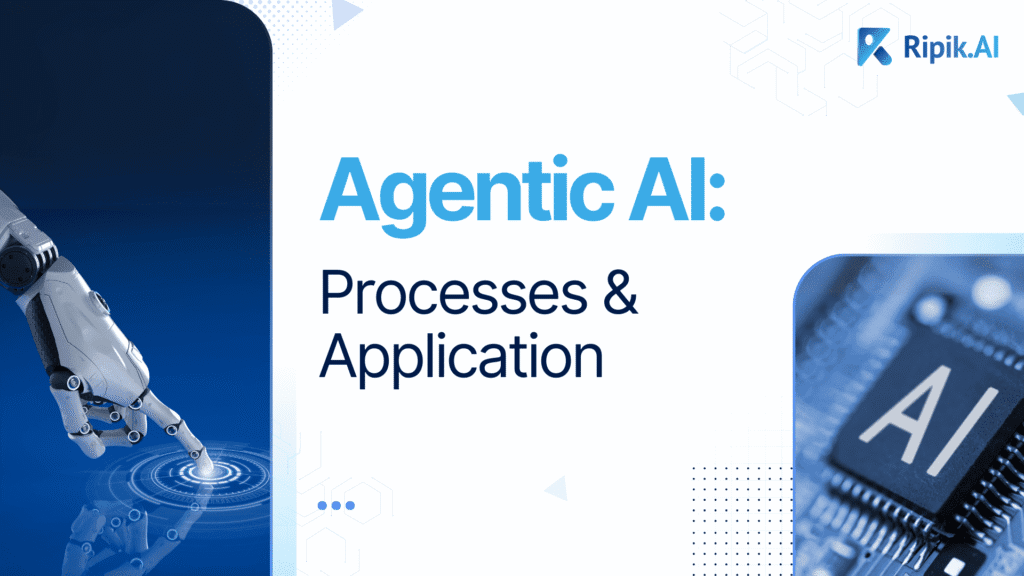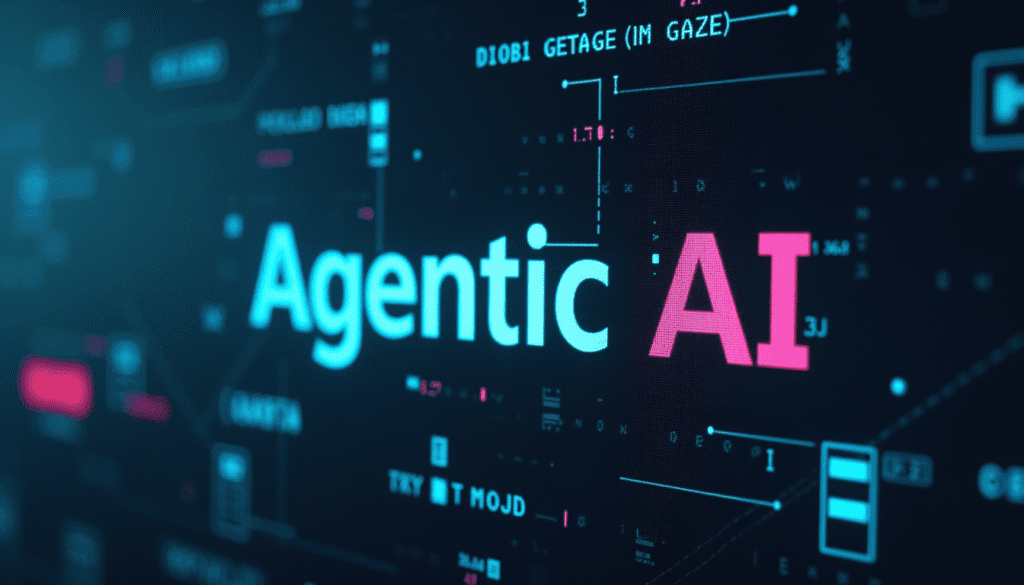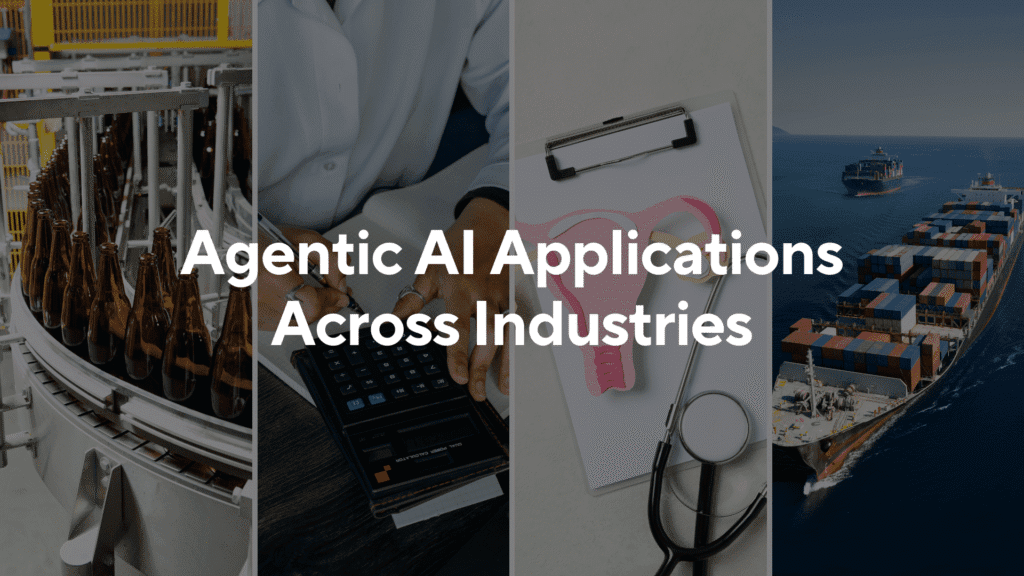Underlying Technologies Behind Agentic Artificial Intelligence
Machine Learning and Deep Learning
Neural Networks
Feedback Loops and Real-Time Data Processing
Computer Vision
How Agentic AI process To solve complex tasks
Perceive: Agentic AI begins by gathering data from various sources, such as sensors, databases, and digital interfaces. It processes this data to extract meaningful insights, recognize objects, or identify relevant entities. This helps the AI understand its environment and the challenges it is facing.
Reason: A large language model serves as the core reasoning engine, orchestrating the problem-solving process. It generates possible solutions and coordinates specialized models for tasks such as content creation or recommendation systems. Techniques like retrieval-augmented generation (RAG) are used to pull in proprietary data sources, ensuring the AI solutions to provides accurate and relevant outputs based on its understanding of the task at hand.
Act: The AI can then execute its solutions by integrating with external tools and software through APIs (application programming interfaces). These integrations allow the agentic AI to carry out tasks effectively. Guardrails are put in place to ensure tasks are executed correctly.
Learn: Lastly, Agentic AI uses a feedback loop (also known as a “data flywheel”) to continuously improve. As the AI systems interacts with its environment, it collects data from each interaction, which is used to enhance its models. Over time, this allows the AI to adapt and optimize its performance, ultimately improving decision-making and operational efficiency.
AI Agents vs Agentic AI
Key Differences
- Complexity: AI agents learn and operate within the scope of predefined tasks, while Agentic AI is often considered to have the ability to make more complex, independent decisions and potentially evolve its objectives.
- Level of Autonomy: AI agents can be more limited, often reacting to inputs, while Agentic AI could make decisions with broader impacts or evolve its behavior over time.
- Self-awareness: Agentic AI may involve systems that are more “self-aware,” meaning they understand or adapt to their actions and the outcomes of those actions.
Agentic AI Applications Across Industries
Manufacturing and Production
Healthcare
Finance
Retail and Customer Service


























